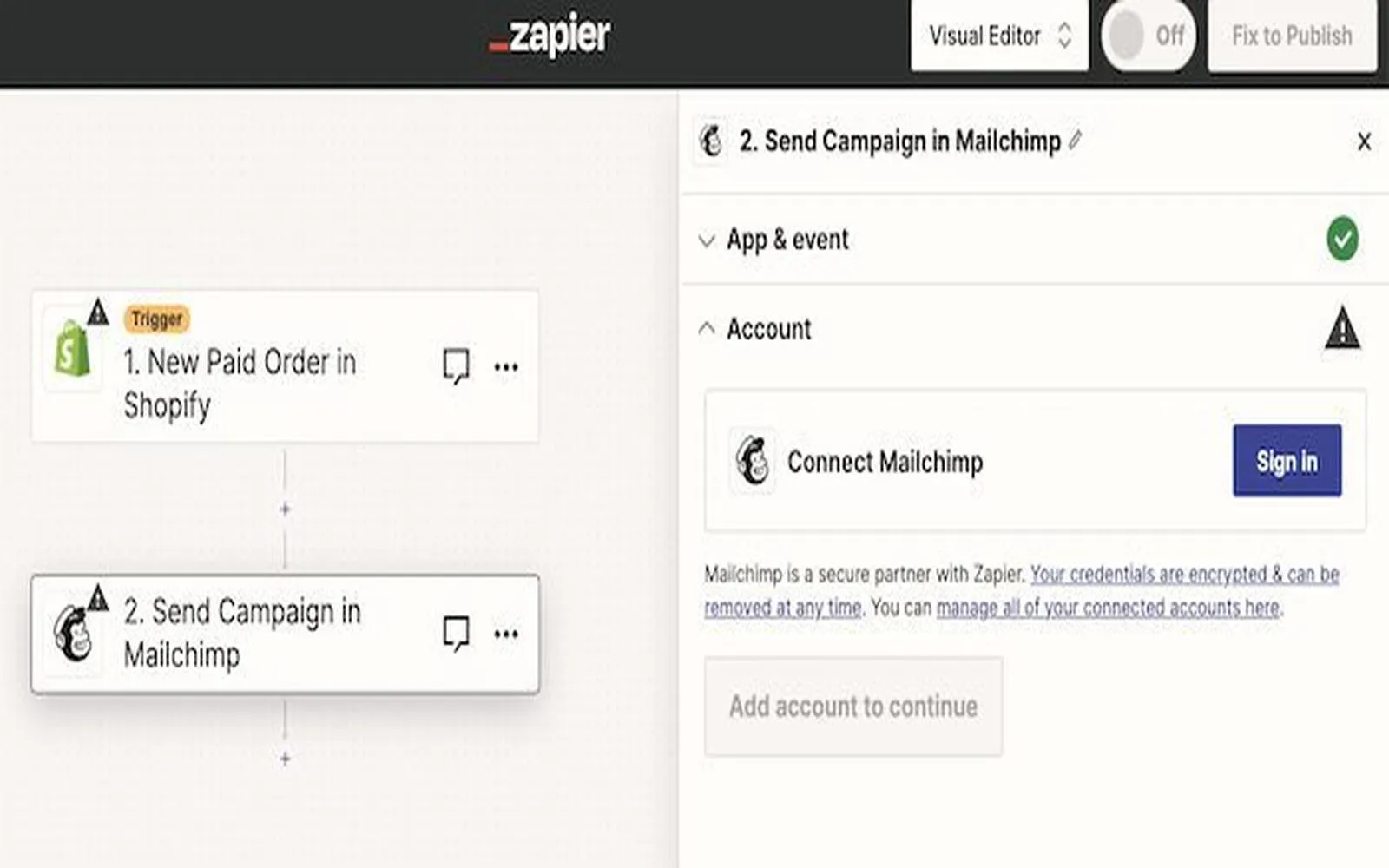1. Inefficient Workflow Processes
One of the most significant indicators that your business needs Zapier is the presence of inefficient workflow processes. If your team spends too much time on repetitive tasks, it can lead to decreased productivity and employee frustration. For example, if your team is manually transferring data from one application to another, you are likely wasting valuable time that could be better spent on more strategic activities.
Zapier automates these repetitive tasks by connecting the various apps your business uses. This can greatly enhance productivity and free up your team to focus on higher-value activities. Consider this table that demonstrates the time savings you could achieve:
| Task | Time Spent Manually (per week) | Time Spent with Zapier (per week) | Time Saved (per week) |
|---|---|---|---|
| Data Entry | 10 hours | 1 hour | 9 hours |
| Report Generation | 8 hours | 30 minutes | 7.5 hours |
| Email Follow-ups | 5 hours | 15 minutes | 4.75 hours |
As seen in the table, using Zapier can lead to significant time savings, allowing your team to concentrate on more critical aspects of your business.
2. Data Silos Across Applications
Another sign that your business may benefit from Zapier is the existence of data silos across different applications. When your data is trapped in separate systems, it can hinder decision-making and lead to missed opportunities. For instance, if your marketing data is stored in a separate platform from your sales data, you may miss crucial insights that could drive your business forward.
Zapier can help eliminate these data silos by integrating multiple applications, ensuring that data flows seamlessly between them. This integration allows for real-time updates and insights that can enhance your overall strategy. Here’s a chart that illustrates how integration can break down data silos:
| Application | Data Type | Integration Benefits |
|---|---|---|
| Email Marketing Tool | Subscriber Data | Real-time updates to CRM |
| CRM | Sales Data | Enhanced marketing targeting |
| Accounting Software | Financial Data | Improved forecasting and budgeting |
By using Zapier to integrate your applications, you can ensure that your team has access to the data they need, leading to improved efficiency and better decision-making.
3. Slow Response Times to Customer Inquiries
In today’s fast-paced business environment, slow response times to customer inquiries can severely impact your reputation and sales. If your team struggles to respond quickly to customer queries due to inefficient processes, it might be time to consider Zapier. Automating customer responses and inquiries can significantly speed up your response times.
With Zapier, you can set up automated workflows that trigger responses based on customer actions. For instance, if a customer fills out a contact form on your website, Zapier can automatically send a confirmation email and alert the relevant team member. Here’s a visual representation of how automation can enhance your customer response times:
| Customer Action | Manual Response Time | Response Time with Zapier | Time Saved |
|---|---|---|---|
| Form Submission | 30 minutes | Immediate | 30 minutes |
| Support Ticket Creation | 1 hour | 5 minutes | 55 minutes |
| Feedback Submission | 2 hours | 10 minutes | 1 hour 50 minutes |
As illustrated, automating your response process with Zapier not only improves response times but also enhances customer satisfaction and loyalty.
Conclusion
If you recognize these signs in your business, it may be time to explore how Zapier can transform your operations. By streamlining workflows, eliminating data silos, and speeding up customer responses, you can significantly enhance your business efficiency and productivity. Don’t let inefficiencies hold you back—embrace automation with Zapier and watch your business thrive.





